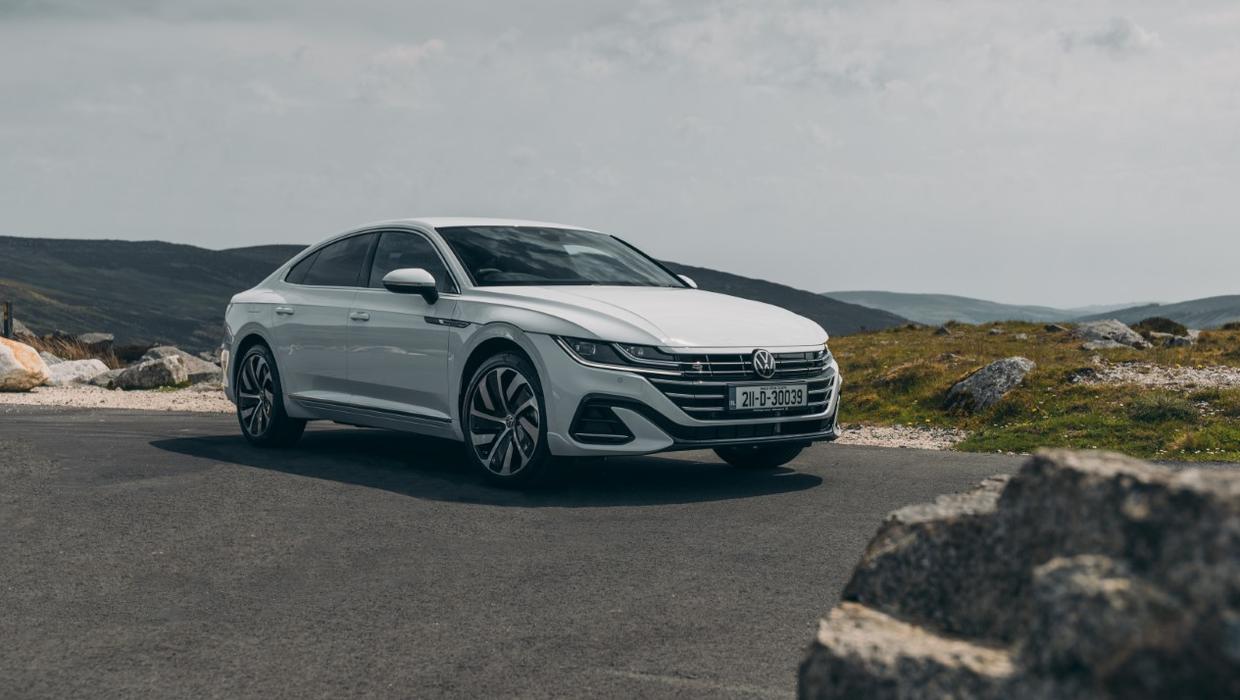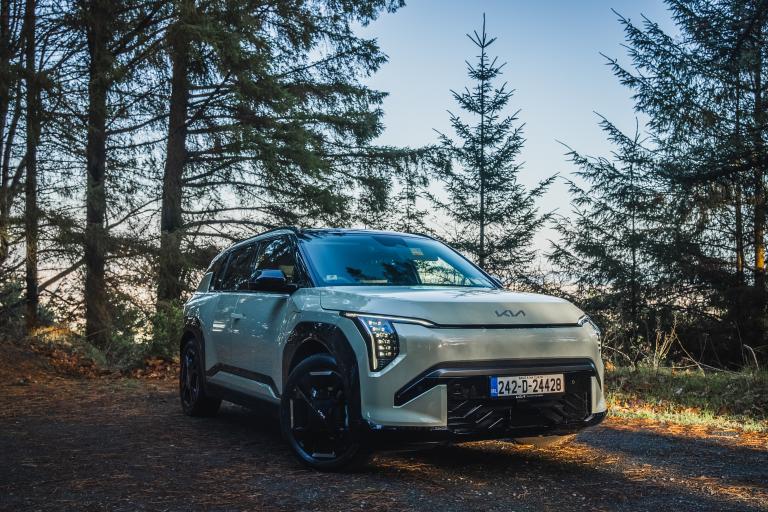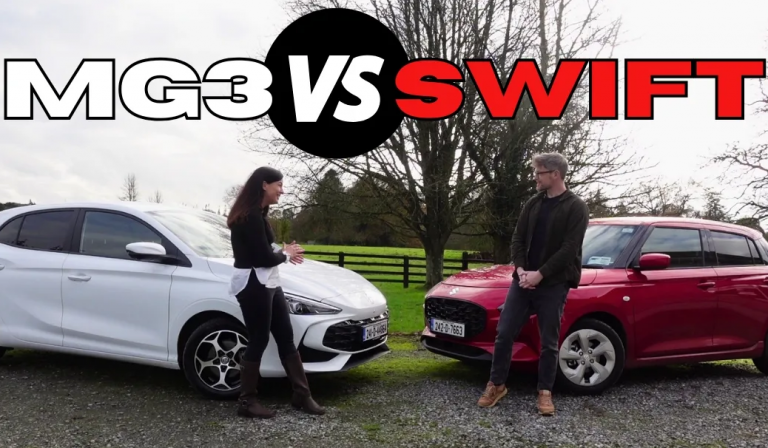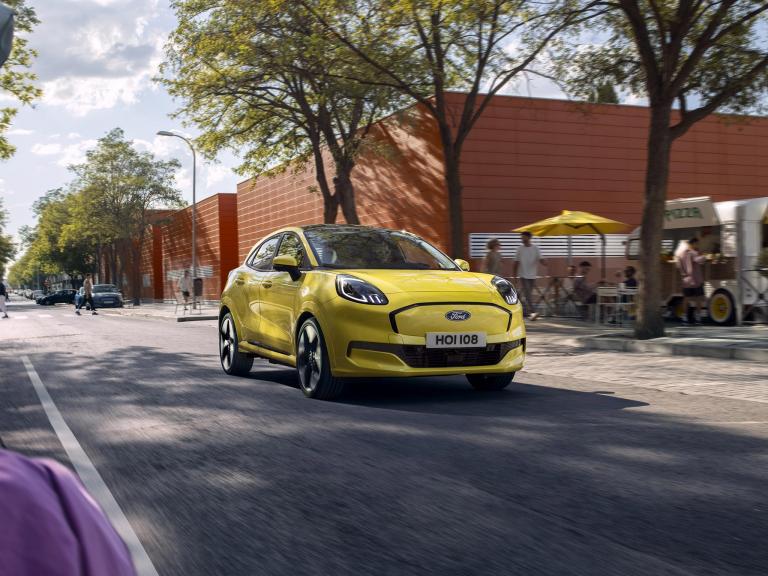
Lesson from an avocado
Published on 14 November, 2021
Overview
There was a bit of an avocado moment last Monday as I drove out to Sandyford in South Dublin to return the Volkswagen Arteon PHEV coupe I had been driving for the previous week.
Listening to the Claire Byrne Showo n RTE Radio One I heard a Mexican/Irish chef discuss why she would never again use or eat the much-prized vegetable once known as the “alligator pear”.
The insatiable greed for the avocado in the developed world has priced it above what the ordinary Mexican can afford as well as the plant using absolutely huge natural resources of water along with massive deforestation; not to mention major air miles in its delivery.
I do love avocado but after hearing chef Lily Ramirez-Foran I see them in a totally different light.So how does this relate to motoring?
Well, as you know, there has always been a dispute about whether plug-in hybrids are a bit of a con; claiming to be environmentally good but really not so unless they are used absolutely strictly with rigorous home charging. Otherwise they are still very hefty machines carrying around heavy batteries and using normal fossil fuels.
The claims of most manufacturers that their PHEVs can do ‘so and so’ kilometres after being plugged in are usually wildly out. So far I have found that Mercedes-Benz EQ PHEVs are among the few vehicles that have lived up to really good EV range — as much as 80kms — while most marques who claim 60km only deliver around 30-40km at the most.
Now that is fine for urban trips but unless plugged in nearly every day you will lose the advantage.
The new Toyota Rav4 PHEV, which will be in showrooms next month, does make some ambitious - butcseemingly well-founded - claims for an EV range of around 75km.
We’ll see. ut back to the Arteon: It is a rather lovely coupe; a true five-seater with good load areas but longer, lower and far more sharply designed than the VW Passat on which it is based. It drives well and holds a very confident path that makes it ideal for long motorway driving. And there’s the rub.
There are petrol and diesel versions of the Arteon, ranging from €50,560 for the cheapest oil-burner to €83,595 for the 320hp AWD R petrol version which attracts €1,250 in road tax. But I was driving the PHEV which, because of lower VRT and the €2,500 SEAI contribution (going next year), costs €55,415 on the road.
It has a very efficient 1.4 petrol engine mated to a 13kWh battery to give a combined power of 218hp. Once in - and I did hit my head a few times - it is an exceptionally pleasant car to be in and looked very attractive in Pure White paint (an extra €291) and with 19” Montevideo alloys. The safety and assistance equipment was top notch.
All very good so far. However, despite almost religiously being plugged in, quite small trips to Phoenix Park and a bit of shopping left the battery pretty depleted. Last Sunday we decided to go on our “comfort blanket” walk around the Donadea Forest Walk in Co Kildare.
The night before I had stretched the charging cable over the length of the car, plugged it into the wallbox at the back of the garage and made sure everything was ready. It isn’t a long trip from Phibsborough. Just up to the N3 to the M50, a quick cross of the Liffey and down to the N4/M4 to the Maynooth turnoff. Then just countryroads through rich farming and stud lands. A total of 36km.
We didn’t push it, my wife won’t let me, but long before we turned into the forest park and paid our €5 at the temperamental entrance the battery was well out. That’s despite VW saying there’s a range of 56-61km.
Once back on pure petrol power the engine and last-generation automatic box becomes rather gruff and obvious. You also begin to notice that the heavy batteries affect the car’s agility.
It makesthe Arteon PHEV a bit of a curate’s egg. And rather like the avocado, it doesn’t taste right despite its nice looks. At the price there are some superb fully EV alternatives.
Congratulations to the all-new Opel Mokka-e which has won the German “Golden Steering Wheel 2021” award, defeating strong competition and claiming one of the most prestigious prizes in the automotive industry as “Best Car under €25,000”.
The all-electric, zero emissions vehicle from Opel won much praise from the experts and readers of Auto Bild and Bild am Sonntag. The Mokka-e continues Opel’s series success in this award. Last year, the battery-electric Opel Corsa-e won a “Golden Steering Wheel” accolade to Opel’s headquarters in Rüsselsheim.
Opel is doing very well since being reinvigorated as part of the PSA group and the wider Stellantis company. As I reported last week, its sales have risen almost 43pc here this year.
A number of readers spotted that I made a mistake last week when talking about the diesel car whose three-warranty ran out in February this year. Somehow, I wrote that the car was boughtin 1981. It should have course read 2018. Sorry.
I caught up with some left-hand drive versions of the fully electric Cupra Born last week which have been brought over to give dealers and the press an early look at the very stylish car. There’s a lot of room and attractiveness with the Barcelona designed but German built EV which shares the Volkswagen groups MEB platform with cars like the Skoda Enyaq and VW ID.4.
Itaims for more dynamic driving as well as a lot of stand-out features inside and out. Prices after grants will start at €31,440 for the 45kWH battery with a range of 350km going onto €42,650 for the 77kWh (540km range) version which has an e-boost function to give the 0-100km sprint in 6.6seconds.
It will be available in March and is aimed at people a lot younger than me. Thanks a bunch.
On the Red-line Luas the other day I saw that the dreaded old River House road tax office behind Dublin’s Four Courts has a new Hampton by Hilton style hotel opening on its site. I hope the service is better and the ghosts of hours of wasted time have been exorcised.
Latest Reviews

Kia EV3 Video Review

Battle of the Budget Hatchbacks: MG3 Vs Suzuki Swift

Ford Unveils All-Electric Puma Gen-E